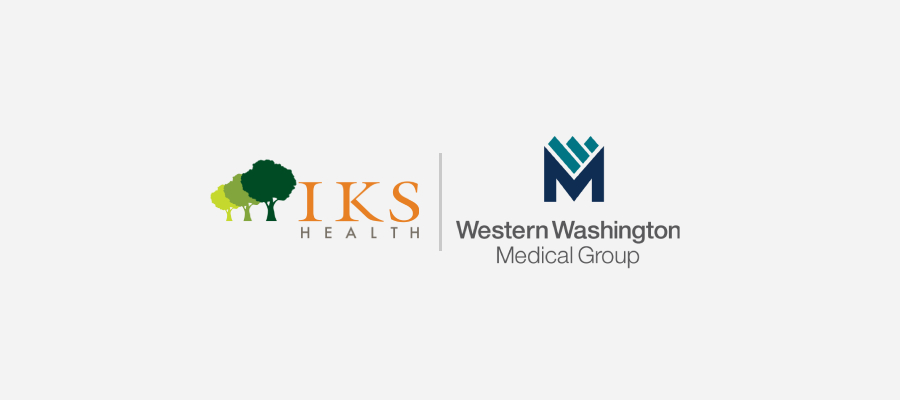Rising career Opportunities for techies in the Healthcare sector

The Healthcare industry is one of the fastest growing sectors. With the growing need to improve population health and cater to the mounting demand for quality outcomes in care delivery, technology has moved to the center-stage of delivering patient-centric solutions. Healthcare needs technology intervention at all patient touchpoints in today’s fast-paced world, this includes direct patient care, outpatient support, post-care support, patient monitoring, and more. These could encompass aspects of last mile delivery that improve accessibility and convenience for not just the patients but for the clinicians and physicians who have the primary responsibility of taking care of the patients.
Here we inspect some of the roles that are immediately available for techies who want to make an impact and make a difference in how care is delivered:
Tech Product Management
The tech product team in a healthcare set-up would typically own the technology products for the healthcare organisations and work as an interface between operations, solutions, technology development and user experience. The tech professionals in these teams design, build and implement innovative technology solutions, which includes ideation, exploration, measurement and ongoing development of product. Management of these programs play a crucial role in making sure that the solutions/products designed to resolve challenges are supported with a strategic vision that ensures timely delivery and governance of the key aspects.
Product Engineering & Technology Architecture
Digital transformation is not just restricted to Medtech currently but can also be explored through healthcare solutions services. Rapid advancement in technology has opened up avenues for careers in developing technology products for healthcare companies, whether these are inter-portable digital health record platforms or platforms that can undertake complex tasks from the physicians and clinicians. Today technology can answer very pertinent questions with regards to healthcare challenges. A technology architect would typically be responsible for creating this enterprise roadmap for how technology would be utilised through the physician as well as patient journey. They are also responsible for designing and deploying dynamically scalable, highly available, fault tolerant, secure and reliable applications on emerging tech stack. This means that the tech solutions respond to business needs for cost-efficiency, improved quality, and agility.
Data Science, Cognitive Tech & Data Engineering
Data Science technologies like Machine Learning, Big Data, Natural Language Processing, Deep Learning, Computer Vision applications today play a key pivotal role in enhancing personalisation, scalability and faster time to market. Besides, as data attains more volume, variety and veracity in healthcare, Data Engineers are much sought after for designing reliable and low latency foundations. These are dynamic roles that help strengthen the ability of products and services to support automation that can improve efficiency across the delivery model for healthcare organisations.
Development and Operations (DevOps)
New and emerging functions like DevOps tech can be integrated into the processes to ensure high quality, availability, scalability and security/compliance throughout the value chain. With healthcare systems collecting big data because of Electronic Health Records (EHR), it has become extremely important that healthcare systems can manage the data and its various applications. DevOps teams help healthcare organisations continually innovate and stay relevant throughout the data-driven initiatives undertaken by them and adoption of new technologies.
Implementation & Support
The big data collected because of EHR is making it extremely important that healthcare organisations manage the data and its various applications. With large-scale, transformative technology solutions being adopted by them globally, standardised technology platforms and process frameworks are essential for streamlined functioning of these solutions. Implementation and support roles would typically help drive customer experience from the products post adoption to ensure the end users are able to use the solutions to the fullest and can derive the expected value from them.
Process Automation
Robotic process automation (RPA) makes it easy to build, deploy, and manage software robots that emulate human actions interacting with digital systems and software. Many repetitive mundane tasks which drain human bandwidth can today be automated with state of the RPA technologies saving time and costs for organisations, allowing technology professionals to contribute meaningfully to healthcare with yet another avenue.
The healthcare industry is looking at technology solutions to find answers for physician burnout, patient access and the increasing cost of care. The advent of new and emerging technology that can pave a way to mitigate some of these challenges is the credence that the healthcare organisations are looking towards. Healthcare services organisations that are capable of delivering these solutions are looking for talented professionals to join their teams and make this transformative journey towards improving the care that is delivered to patients.

Abhay Srivastava
Chief Human Resources Officer at IKS Health Limited


